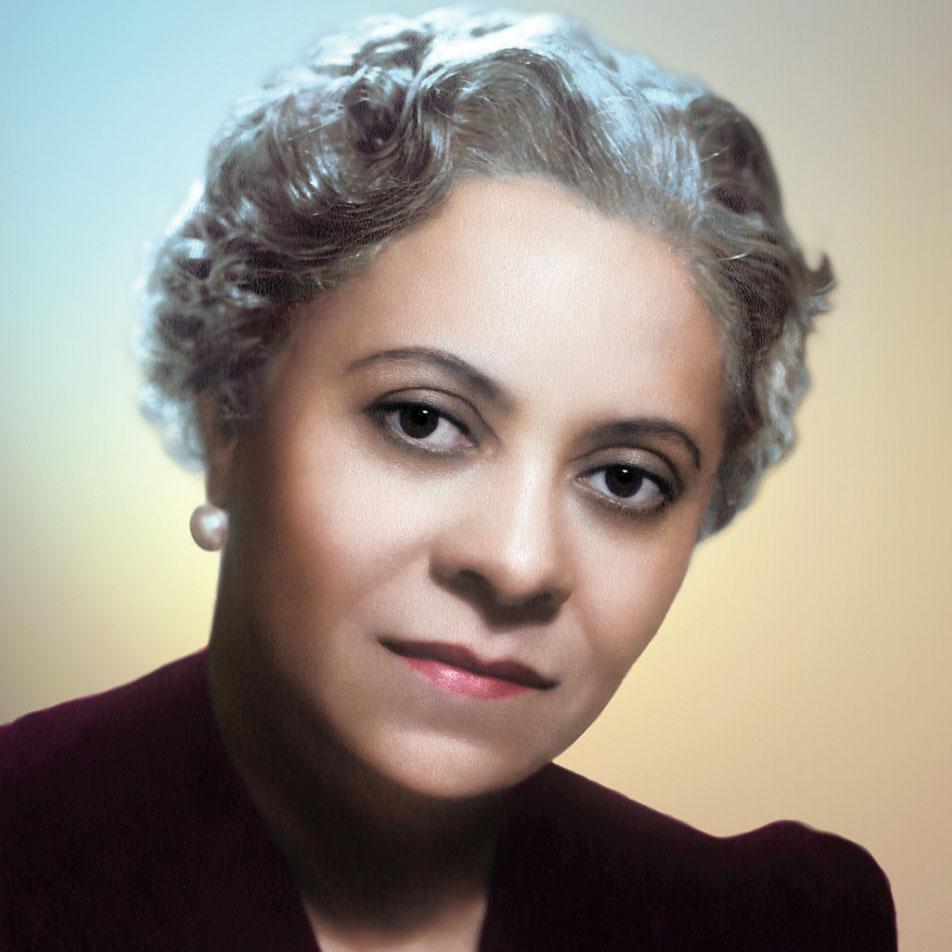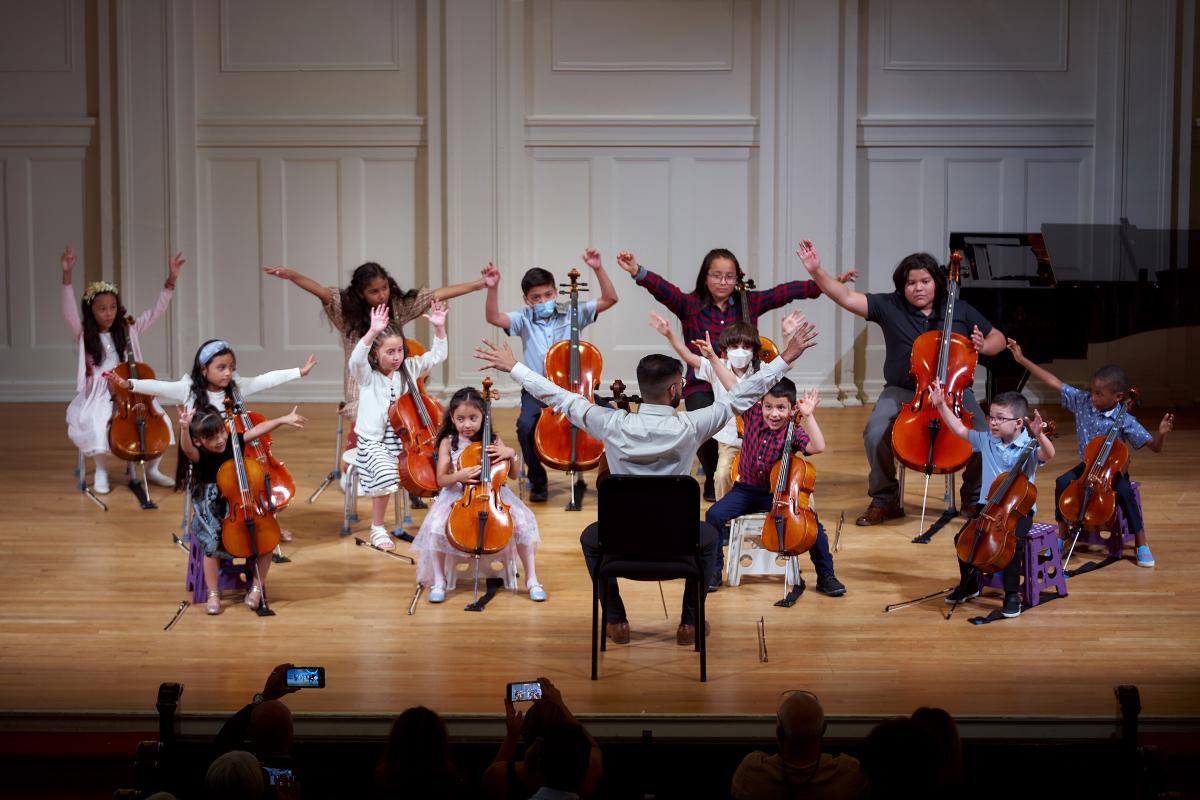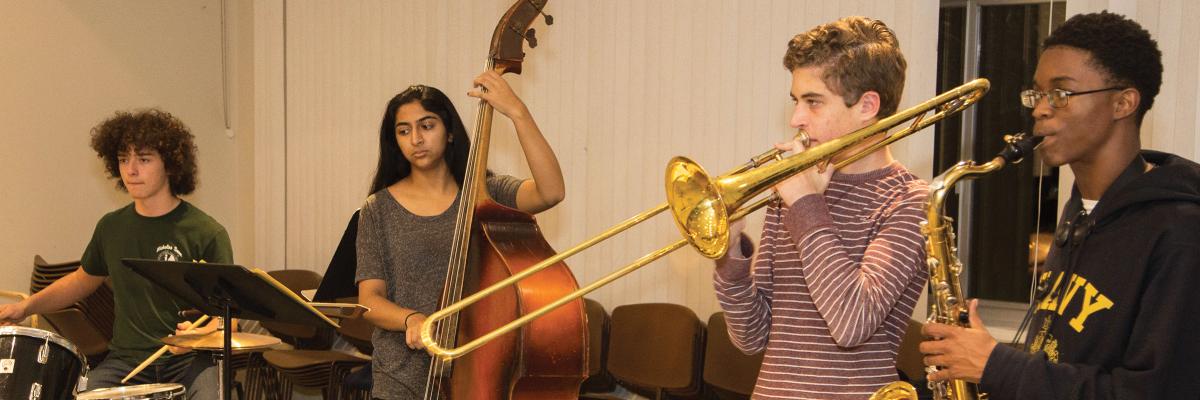We Embrace Diversity at MIC
To fulfill our mission of leading people toward a lifelong engagement with music, the Music Institute of Chicago provides a safe, welcoming, and respectful environment for its administrative staff, faculty, guest artists and teachers, students and their families, volunteers, and guests. Our institution is stronger within a diverse community that honors everyone's unique knowledge and experiences.
Diversity in the workforce ensures that content choices, audience development, programs, plans, methodologies, goals, strategic thinking, and institutional challenges are addressed with the benefit of multiple viewpoints, backgrounds, and cultural traditions.
Within the scope of its mission, the Music Institute of Chicago strives to conduct its activities and business with a vision of a fair and equitable society, one in which each individual matters, their rights are recognized and protected, and decisions are made in fair and honest ways.
Keep reading to learn more about MIC's commitment to diversity and inclusion.
One Composer, One CommunityAnnual MLK Celebration
Third Coast Suzuki Strings ProgramArtsLink
One Composer, One Community

Composer Florence Price
The Music Institute of Chicago uses the power of music to educate, inspire, and bring comfort to the communities we serve.
In May 2020, nearly a hundred faculty and staff members gathered to reflect on how MIC could improve diversity and inclusion within our environment. A Diversity and Inclusion Working Group, facilitated by Trustees Carlos Cardenas and Barbara Sereda and comprised of a diverse representation of faculty, staff, students, alumni, and current families, formed.
As part of this process, MIC developed the "One Composer, One Community" program, a curriculum and related performances relevant to and celebrating communities. Through this initiative, MIC partners with a composer and connects MIC student musicians of all ages and levels with their music.
Each year, MIC focuses on the music of an underrepresented composer, which is highlighted in MIC teaching studios and on stage at Nichols Concert Hall. The inaugural composer was William Grant Still in 2022, and Hector Villa Lobos was the 2023 selection. In 2024, Reena Esmail was chosen.
In 2025, composer Florence Price has been chosen.
MIC is hosting a community concert/showcase on May 2, 2025, that will feature students and faculty playing music written by Florence Price.
Arts Link and Third Coast Suzuki Strings

Third Coast Suzuki Strings
Among its various community initiatives, the Music Institute of Chicago actively engages with programs like ArtsLink, designed to foster arts integration within educational curricula. ArtsLink facilitates music residencies in schools, primarily in Chicago, spanning from six to nine weeks. During this time, MIC collaborates with educators to intertwine music with subjects outside the traditional music realm. By linking artistic expression with diverse academic disciplines, ArtsLink enriches students' learning experiences.
Additionally, MIC operates the Third Coast Suzuki Strings program in Chicago and Evanston, IL. This initiative aims to make music education accessible to local children and families, regardless of financial barriers. Through generous donations of instruments and faculty time, Third Coast Suzuki Strings offers a low-cost or even cost-free opportunity for community involvement in Suzuki string instruction.
The Third Coast Suzuki Cello program was developed from MIC's decision to dedicate more resources to Evanston, particularly its Latino community. Inspired by a critical need for music education, the Third Coast Suzuki program emerged through collaboration with community leaders.
Students enrolled in the Third Coast Suzuki Cello program receive tuition-free access to the extensive benefits of the Music Institute of Chicago Suzuki Program. This includes weekly 30-minute private lessons and 30-minute group classes. Additionally, students enjoy tickets to concerts at Nichols Concert Hall, active participation in MIC performances, and the chance to secure scholarships for events like the Chicago Suzuki Institute and the MIC Suzuki Winter Workshop. The program provides students with essential resources such as cellos, stools, straps, Suzuki books, and CDs. Moreover, parents are invited to attend orientation sessions focusing on the Suzuki philosophy and method.
Read more about MIC's Third Coast Suzuki Strings program here.

Diversity & Inclusion Working Group
- Karin Addis, faculty
- Erica Anderson, faculty
- Meret Bitticks, faculty
- Matt Boresi, staff
- Erin Cano, faculty
- Miguel Cano, friend
- *Carlos Cardenas, Trustee
- Kevin Harrison, staff
- Katherine Petersen, faculty
- Victor Ribadeneyra, staff
- Mary Theresa Reed, friend
- *Barbara Sereda, Trustee
- Nora Takagi, staff
- Bea Toda, alumna
*Co-Chair

